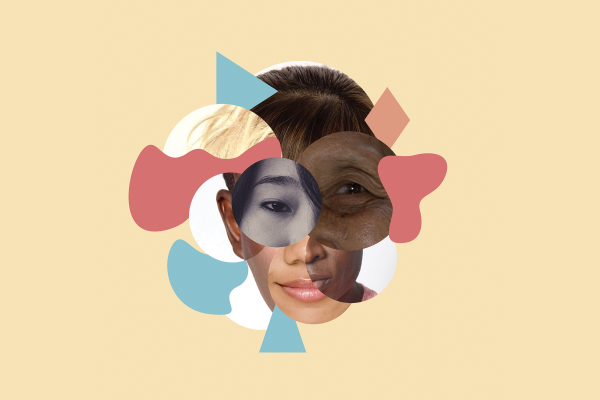A FEW MONTHS into the pandemic, as the country started to notice the uptick in hate crimes against Asian Americans, caring friends checked in to ask, “Are you okay?” I found myself metaphorically turning around to see if they were talking to someone behind me. I was so unused to having my ethnic vulnerability seen and named.
Then a year ago, in March 2021, a young white man killed six Asian women in spas around Atlanta. This time it was clearer—I was not okay. My mother is a massage therapist and has worked in spas in Florida, where the killer was headed when police apprehended him. This time, I could say with more certainty, “This hurts me.”
In the blooming of Asian American consciousness since that event, however, I’ve continued to wonder how much of what happens to other AAPI (Asian Americans and Pacific Islanders) folks around the country, and back through time, is mine to own. Writer Jay Caspian Kang argues that Asian Americans who came to this country after the 1965 Hart-Celler Immigration Act have little to no connection with earlier generations of Asian Americans, whose circumstances were vastly different. Between the lines, Kang is saying to us later waves of immigrants, “That’s not your history.”
Read the Full Article

